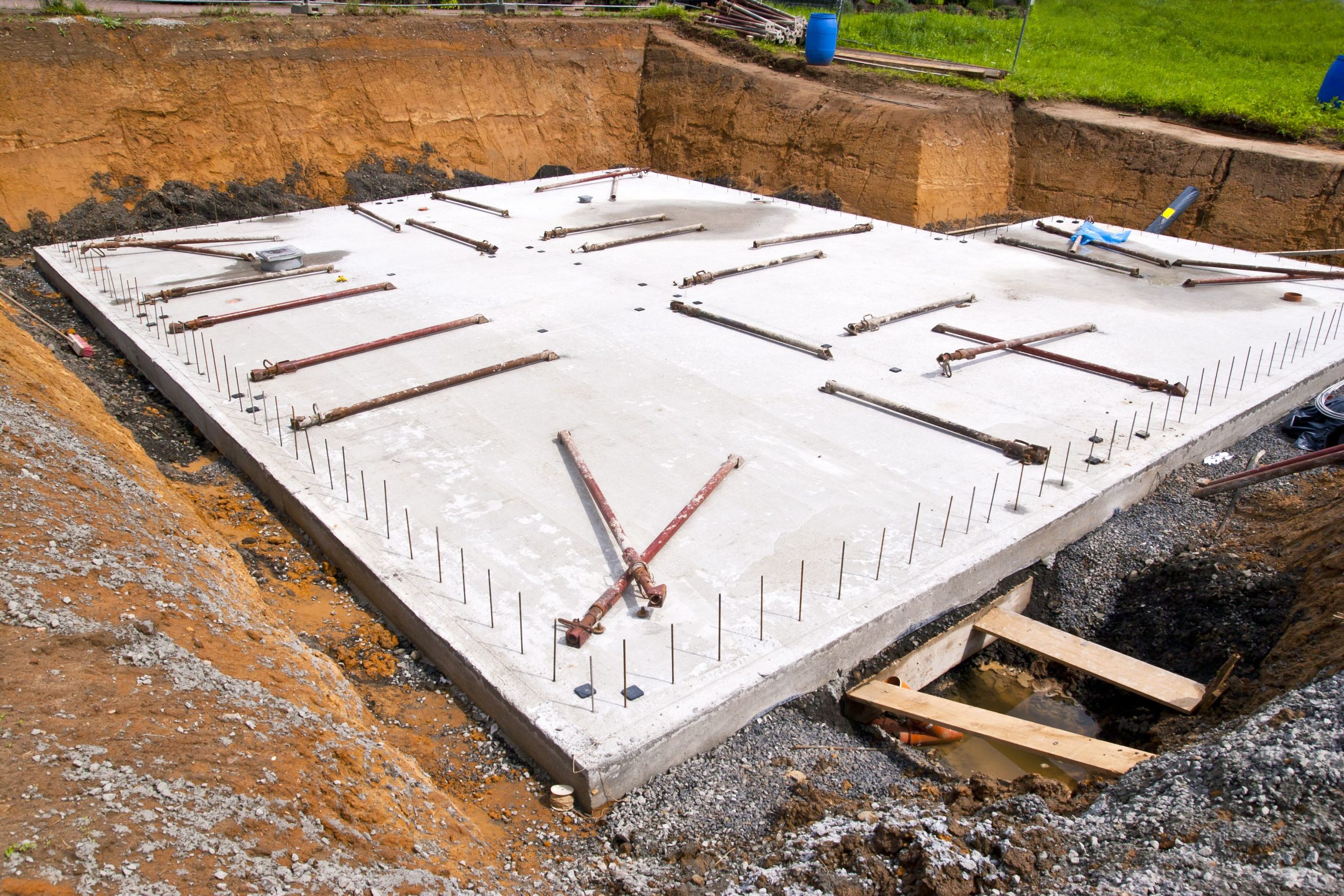In the dynamic realm of urban development and architectural innovation, mixed-use buildings stand as a beacon of modernity and functional

Let us delve deeper into the world of foundation design and take a look at all the different types of house foundations. We will be taking a look at all the different types of house foundations and understand their structural engineering.
Source – Link
In the process of building a home from the ground up, you must consider the main structure and processes that would come to play. The foundation is one of the most important ones.
House foundations come in all kinds of different types, what you need to find is the best foundation for residential houses that works for your needs.
When building a house, you have plenty of things to take care of, your home’s foundation being one of them. To select the best foundation for your house, you need guidance as it is the most important step for creating a safe & secure home for your loved ones.
We are InnoDez and we are here to provide you with a comprehensive house foundation guide. The following are the detailed descriptions of all the different types of house foundations.
The following are the three primary types of foundation types. The types namely being, Basement, Crawlspace, and Concrete slab, along with a bonus foundation type:
Basement foundations can be done (see completed basement foundations thoughts here and see the various sorts of completed cellars here) or incomplete. Incomplete cellars regularly fill in as capacity regions or house water radiators, heaters, and other hardware.
Accomplishing a sunlight or walkout cellar requires the right slant on your part. Be that as it may, in the event that you wouldn’t fret spending a great deal of cash on preparing your home from the site, it is feasible to grade the part to oblige a light cellar.
Basement foundations need either concrete masonry units or solid concrete walls. Basement foundation designs are one of the most expensive options on our list, but they also elongate your living area if you select the foundation type.
A crawlspace foundation involves short foundation walls on footings. These types of foundations are usually unheated but have ventilation to avoid moisture buildup. They use poured concrete or mortared concrete blocks, and they’re less expensive than a full basement.
Many people consider a partial basement to be a crawl space since you can store some items there but can’t convert it into a living space if you go ahead with thinking that this is the best foundation for a residential project.
Concrete slab foundations are one of the most common choices for home foundations. They are easy to build, affordable to maintain, and provide excellent elemental protection. These types of house foundations help protect against termites. This foundation type also protects the house from harmful pest infestations.
The structural engineering for this foundation can make accessing water and seepage lines muddled, be that as it may, in light of the fact that those highlights ordinarily lie under a couple of crawls of cement. Section on-grade foundations are one of the most affordable foundation alternatives.
Wood foundations are the most common form of foundation design used in the northern parts of the country. They can have an unfinished plumbing space under, as well. It’s additionally entirely expected to discover storm cellars that layer pressure-treated wood on top of substantial floors—however, in fact, such a mix would be considered a substantial foundation.
About Author
InnoDez